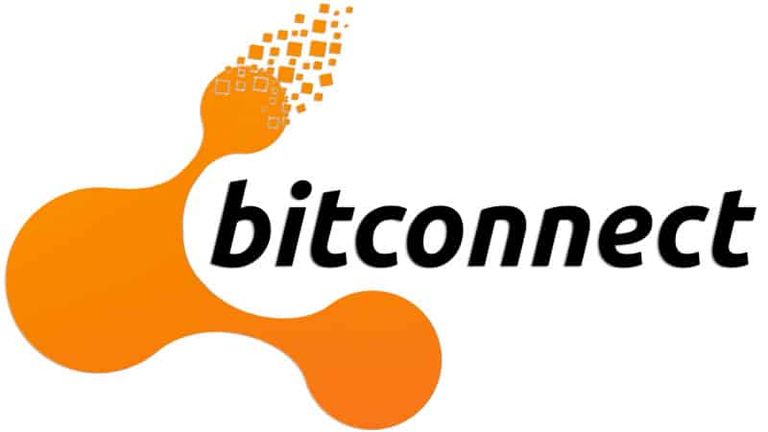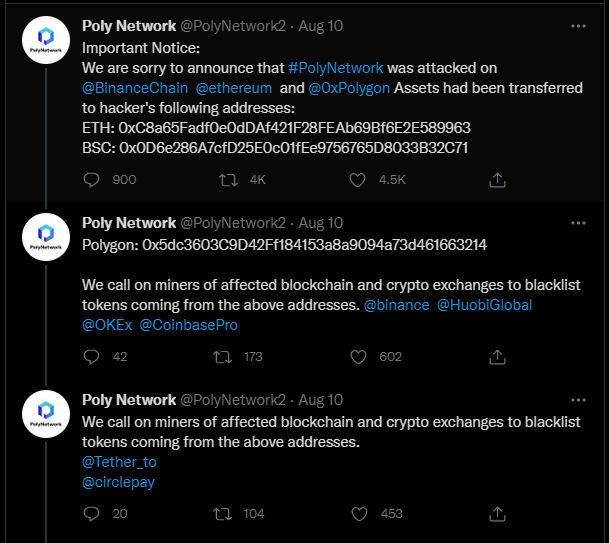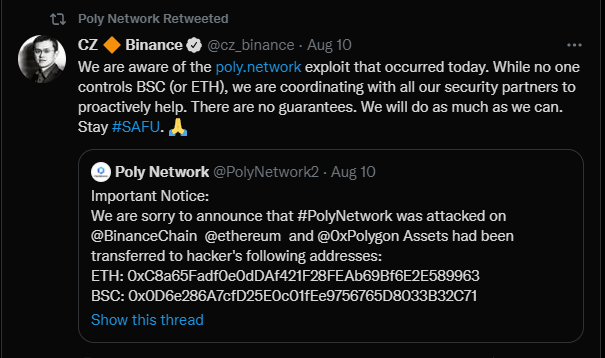
One of the few real reasons that crypto seems so risky in the eyes of the main media and newcomers is that it is infested by security breaches & scams that can come in all forms and ways.
I say "real" reasons because I believe that so much of what the media say when discrediting crypto is nothing but hocus-bogus. When it comes to the abundance of scams within the crypto space, however, I can't help but agree with The media...
In my today's post, I want to bring you guys some of the most infamous scams I've heard about on the blockchain. They can be phishing schemes, security breaches, fake programs, or shit coins. What they all have in common is one thing and that is: KEEP SAFE AWAY FROM THEM
SQUID game scam:

The first and the most recent scam I want to talk about in today's post is going to be the SQUID game token. This token was deceptively named after the well-known Netflix TV show wherein people in debt play deadly children's games in order to earn money. the SQUID token project claimed it would recreate the same sort of challenges with the squid token as the incentive required to play. Of course, it goes without saying that this was just a rug pull that has no relation in any way with the Netflix Show, yet unsuspecting and naive investors kept piling into it like nobody's business.
Shortly after Squid token started trading on the Pancakeswap decentralized exchange, those investors realized that they weren't able to sell. This inability to sell created an upward trajectory with the squid token and pushed the price above the $3000 level which in turn attracted even more unsuspecting investors. A few days later, on November 1, the price of the squid token crashed down to less than a cent in a matter of moments as the developers (scammers) dumped the token on the investors and ran off, leaving them holding the bag. The worst part of the story is that the the squid game token was promoted by several high-profile media outlets such as BBC and CNBC which gave it a vote of confidence for many naive investors. The exact amount of money stolen is unknown but according to the Binance smart chain explorer there were over 100000 addresses bought the Squid token, meaning over 100000 investors got wrecked...
Ledger breach:
Hard wallets have always been thought of as the safest place to store cryptocurrencies and they truly are. However, this does not mean you can slacken and leave the side of caution if you are holding one because scammers are evolving day by day and they always come up with new ways to attack even the most sophisticated investors.
The second scam I want to talk about happened just last year when Ledger had their customer database breached which resulted in about 1 million emails being compromised. Moreover, about 10000 users who provided their home addresses also had that leaked. Now, I don't know about you guys, but it seems like a devastating idea to me if a hacker knew where I lived and that I had a hardware crypto wallet!

After that data was landed on the dark web, many users started to get those fake emails/SMS pretending to be from Ledger asking them to update their Ledger firmware through a malicious link. Some users, unfortunately, fell for it and clicked on that link which resulted in their crypto being stolen faster than they can say Satoshi.
Always remember, the ONLY way to update ledger firmware is from inside the app itself, not through an external link!
Now, just to clarify, this breach had nothing to do with the actual physical devices, meaning the Ledger hardware wallet was always safe just as long as users stay careful with emails & their seed words. That said, this type of incident shows that even if you own a hardware wallet, you may not be entirely safe from those hackers drooling over your coins. Caution is always advisable!
Poly Network hack "the largest hack in DeFi history":
This is another recent one that occurred just a few months ago wherein the PolyNetwork announced that they had been attacked on several major blockchains, and asking for help from crypto big players to flag and blacklist any tokens or coins coming from hackers' wallets. The total amount of money stolen was a whopping $611 million US dollars worth of ETH, BNB, and USDC.
While this particular incident ended in a Hollywood way, as the thief eventually decided to return the stolen tokens, it showed that even giant corporates are vulnerable to security breaches in the world of crypto.
You can read more details on this hack in my article:
https://hive.blog/hive-167922/@qsyal/a-week-after-the-largest-hack-in-defi-history
Impersonation scams:
This is another doozy wherein the bad actors impersonate famous personalities in order to con users with some sorts of "too generous offers" or "giveaways". For example, last year, some hackers organized a massive attack on several US accounts and tweeted that anyone who sends an amount of Bitcoin to a specific address (the hackers' address) will get the double amount. This included some high-profile personalities such as Joe Biden, Barack Obama, Bill Gates, and last but not least Elon Musk. The fact that the breach was on several well-known accounts in a simultaneous manner made it convincing for some unsuspecting users who rushed to send their money to the hackers

Bitconnect:
The oldest yet funniest scam on my list today is going to be the Bitconnect Ponzi scheme. This project was released in 2016 with the goal of presenting a lending platform wherein users can lend/borrow money and earn interest by doing so. In its heyday, the Bitconnect platform was paying out monthly interest that exceeded 40% with the Bitconnect Coin (BCC) among the world's top 20 most successful cryptocurrencies on the market. However, there were numerous doubts by experts that this was only a Ponzi scheme because of its multilevel marketing structure and impossibly high payouts. And after many legal issues related to transparency problems, the Bitconnect platform suddenly shut down and the Bitconnect token (BCC) collapsed from about $500 level all the way to less than $0.40 with all the investors being wrecked.

Conclusion:
This was my humble list of the most exciting scams and security breaches on the blockchain. You may have noticed that scammers, hackers, and bad actors are evolving and developing new ways to deceive people at a frantic pace. However, there are always precautions that keep us safe. The most important one is through constant learning about the ways and strategies they use to con users. They always try to appeal either to our greed or fear. They expect us to make quick decisions without thinking things through a fresh set of eyes. As long as we are controlling our emotions, diversifying our holdings, and keep learning, then we are already two steps ahead of them...
Publish0x
Posted Using LeoFinance Beta

